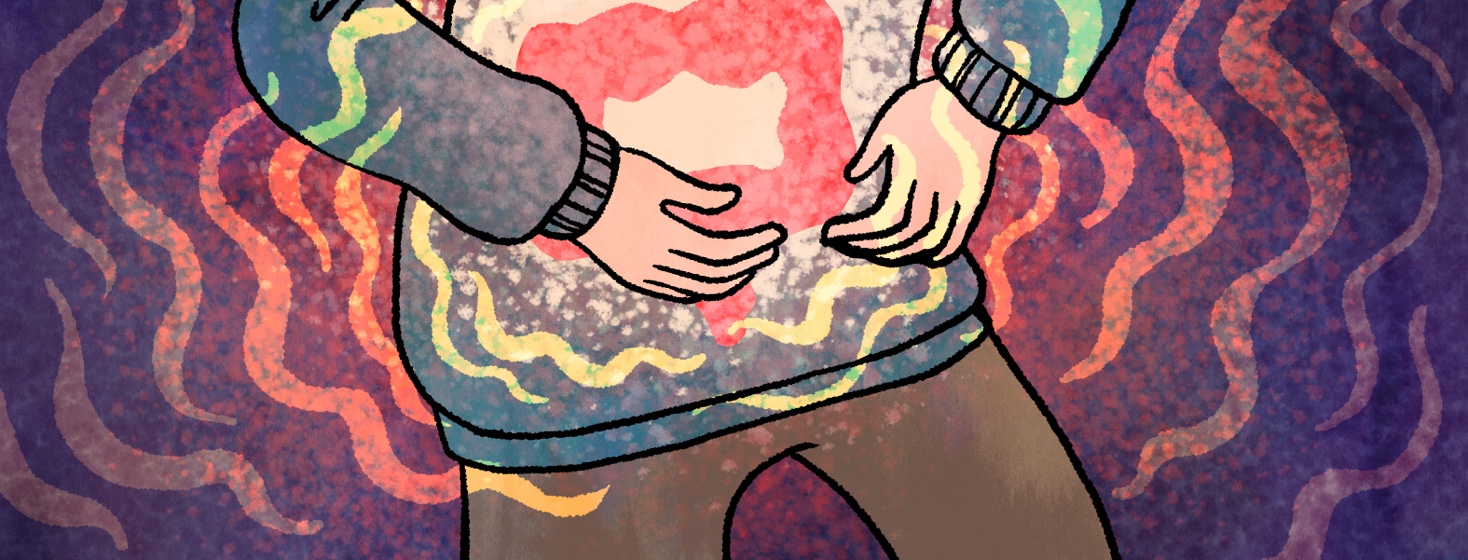Radical Cystectomy and Bowel Issues (Part 1)
After having had your radical cystectomy surgery, the focus of attention soon comes to the subject of bowel movements. This is the case after most major surgeries because after having general anesthesia, the bowels can become somewhat sluggish. But ensuring that the bowels quickly return to "normal" is even more important after having a radical cystectomy because your surgery will likely have involved "lifting out" the bowel in order for the surgery to be completed.
The first few days and months after surgery
If after 2-3 days you haven't had a bowel movement, your doctor will likely prescribe you some sort of laxative treatment and/or a stool softener. Your hospital dietitian can also be a good source of information and recommend the best food types to help with your own personal dietary needs and requirements.
As the months go by, you may find yourself having to regularly use a stool softener - I did. For me, the "sluggish" bowel behavior continued for around 4-6 months. And then...
Then came the diarrhea
This diarrhea, for me, was quite unexpected as for a number of months, I had been suffering from completely the opposite. Maybe it was something I had eaten that hadn't agreed with me, or maybe a tummy bug. So I gave it little thought. But as time passed, the diarrhea continued. In fact, it was now a regular daily occurrence. I began to speak to some of my fellow stoma friends and oddly, we all seemed to be suffering from the same or very similar issues.
When diarrhea becomes a cause for concern
While most bouts of diarrhea are of no real concern, should your diarrhea last for more than two days and is accompanied by a fever, it's imperative that you seek medical attention straight away. Similarly, you should also seek medical advice/attention if you have any of the following:
- Severe pains in the abdomen
- 6 or more loose stools in 24 hours
- Bloody stools or dark tarry stools that contain pus
- Signs of dehydration
- Diarrhea accompanied by frequent vomiting
Getting myself checked out
It was some time after my RC (radical cystectomy) that I decided to seek medical attention - 3 years in fact! This was mainly due to my having accepted this condition (as I had spoken to many other ostomates who were all having similar issues as me) and, if I were to be honest, I was a little embarrassed. It was only when I began to experience really explosive diarrhea that came upon me with little or no warning, rapid weight loss, and fatigue that I finally plucked up the courage to speak to my general practitioner (GP) about my ongoing problem.
Referral to a gastroenteroloigist
I spoke with my GP and explained my symptoms. Given the nature of my symptoms, and the fact that I had already had bladder cancer, my doctor referred me as an emergency to be seen by a gastroenterologist within two weeks. Although I was relieved knowing that I was to be seen quickly, this also filled me with dread, the not knowing what was to come next.

Join the conversation